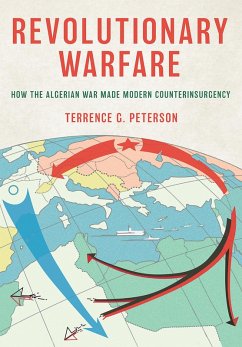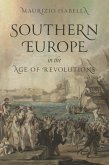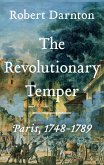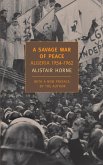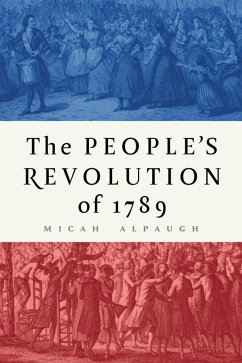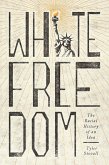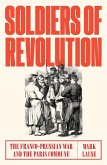Revolutionary Warfare investigates how efforts to counter a revolution could also be revolutionary. The Algerian War fractured the French Empire, destroyed the legitimacy of colonial rule, and helped launch the Third Worldist movement for the liberation of the Global South. By tracing how French generals, officers, and civil officials sought to counter Algerian independence with their own project of radical social transformation, Terrence G. Peterson reveals that the conflict also helped to transform the nature of modern warfare.
The French war effort was never defined solely by repression. As Terrence G. Peterson details, it also sought to fashion new forms of surveillance and social control that could capture the loyalty of Algerians and transform Algerian society. Hygiene and medical aid efforts, youth sports and education programs, and psychological warfare campaigns all attempted to remake Algerian social structures and bind them more closely to the French state. In tracing the emergence of such programs, Peterson reframes the French war effort as a project of armed social reform that sought not to preserve colonial rule unchanged, but to revolutionize it in order to preserve it against the global challenges of decolonization.
Revolutionary Warfare demonstrates how French officers' efforts to transform warfare into an exercise in social engineering not only shaped how the Algerian War unfolded from its earliest months, but also helped to forge a paradigm of warfare that dominated strategic thinking during the Cold War and after: counterinsurgency.
The French war effort was never defined solely by repression. As Terrence G. Peterson details, it also sought to fashion new forms of surveillance and social control that could capture the loyalty of Algerians and transform Algerian society. Hygiene and medical aid efforts, youth sports and education programs, and psychological warfare campaigns all attempted to remake Algerian social structures and bind them more closely to the French state. In tracing the emergence of such programs, Peterson reframes the French war effort as a project of armed social reform that sought not to preserve colonial rule unchanged, but to revolutionize it in order to preserve it against the global challenges of decolonization.
Revolutionary Warfare demonstrates how French officers' efforts to transform warfare into an exercise in social engineering not only shaped how the Algerian War unfolded from its earliest months, but also helped to forge a paradigm of warfare that dominated strategic thinking during the Cold War and after: counterinsurgency.
Dieser Download kann aus rechtlichen Gründen nur mit Rechnungsadresse in A, D ausgeliefert werden.

